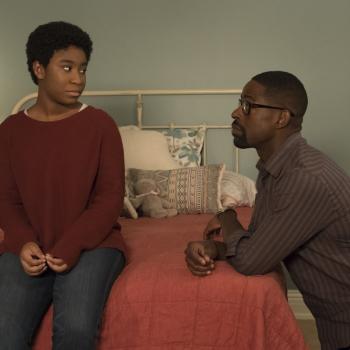
NB: This is not a post about the scandal in the Catholic Church.
The news is full of stuff that is beyond my ability to judge or comment on. I can’t untangle curial politics and loyalties any better for being angry or passionate. I’m not ready to draw blanket conclusions about any demographic or group’s capacity for honesty, reliability, sincerity, or motivation, though I’m certainly more or less sceptical of individuals or organisations based on my experiences.
It has taken a lifetime to discern which of the people I actually know are trustworthy, and I’m not confident I’ve got those answers all correct. I have to trust my perceptions and experiences when I interpret what other people do or say, but I also have to balance that against the reality that other people don’t share those same perceptions and experiences.
Why say any of this? If I were the only outlier on the social communication bell curve, maybe I wouldn’t bother. But I’m not. And every time I see some furore of righteous indignation sweep through social media, I see the same thing happening on the fringes—neurodiverse people becoming just a little more alienated from their larger neurotypical communities because their responses “read” wrong to those around them.

I am fortunate to have a range of neurodiverse friends on social media. My understanding of other people, of myself, and of human potential has been enriched by their various perspectives and approaches. I’ve been challenged by devil’s advocates, humbled by gentle peacemakers, inspired by big-picture strategists, and assisted by concrete problem-solvers. I’ve had my ideals sifted and strengthened by pragmatic questions and my praxis rebuked and refined by idealists.
I don’t ask anyone to understand me or my friends. I don’t really understand myself consistently well. I won’t ask you to anticipate our responses or conform to our expectations. We aren’t all different in the same ways, anyway. The bell curves in three dimensions.
I just ask you to remember we exist, and maybe try to make some room for us.
We have a lot to offer one another.












